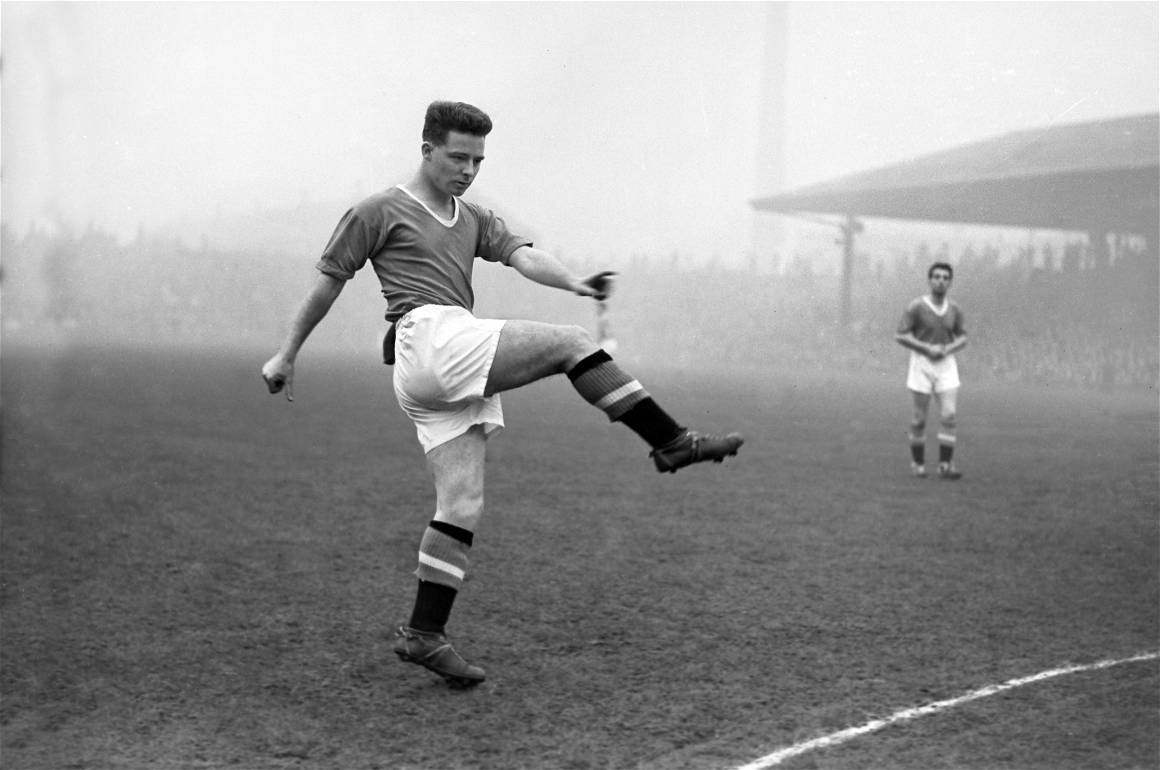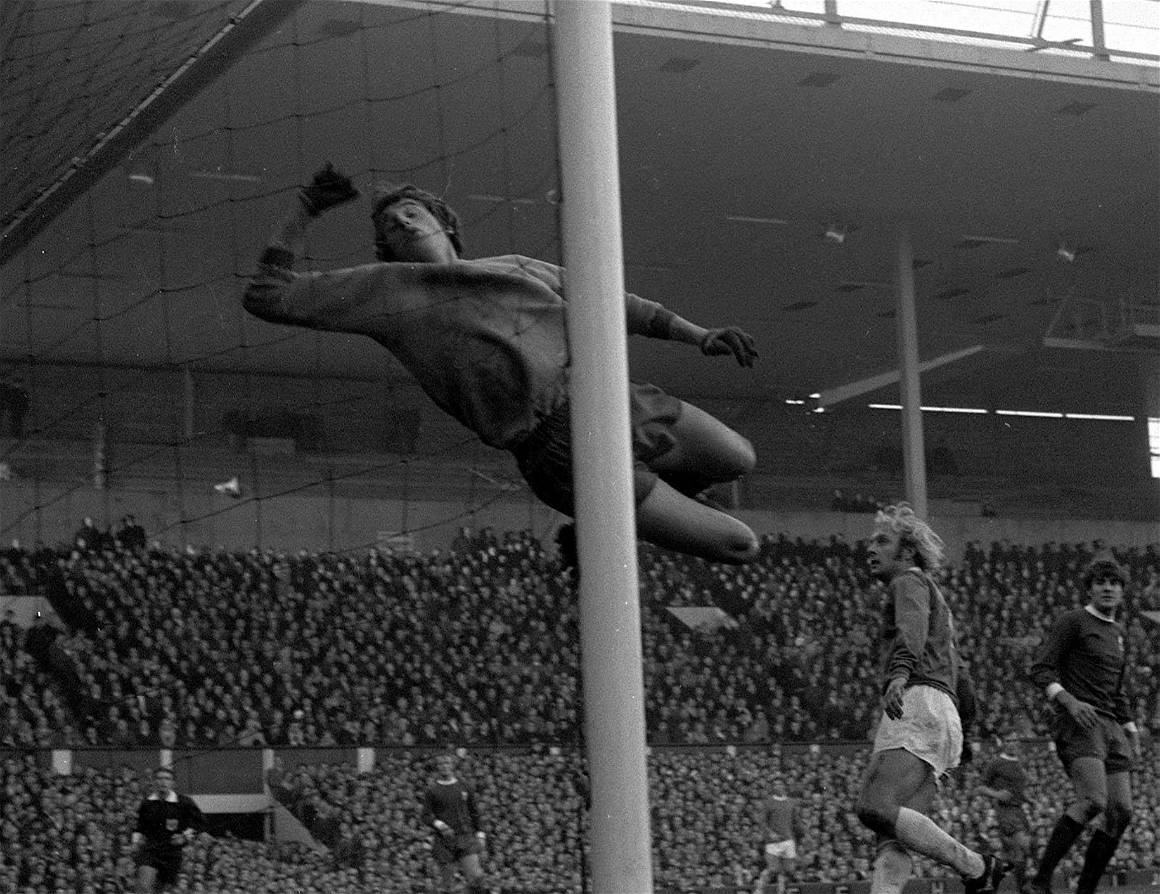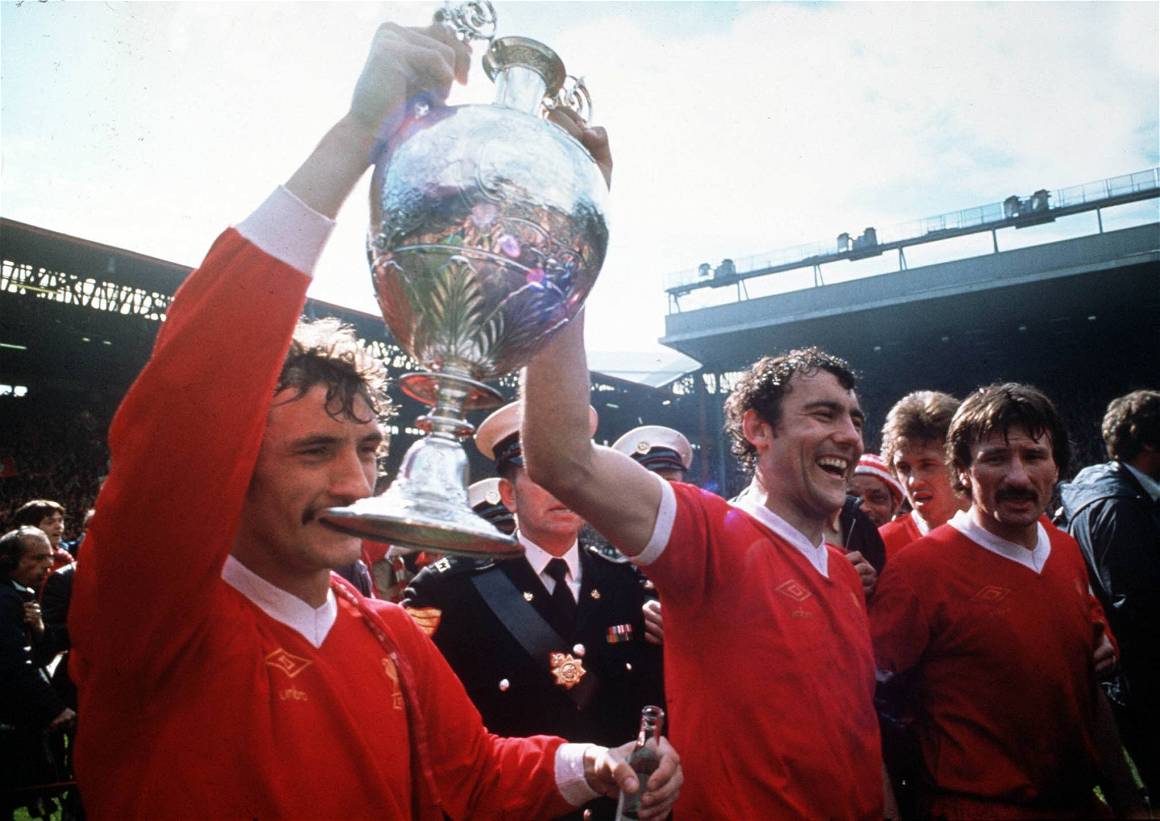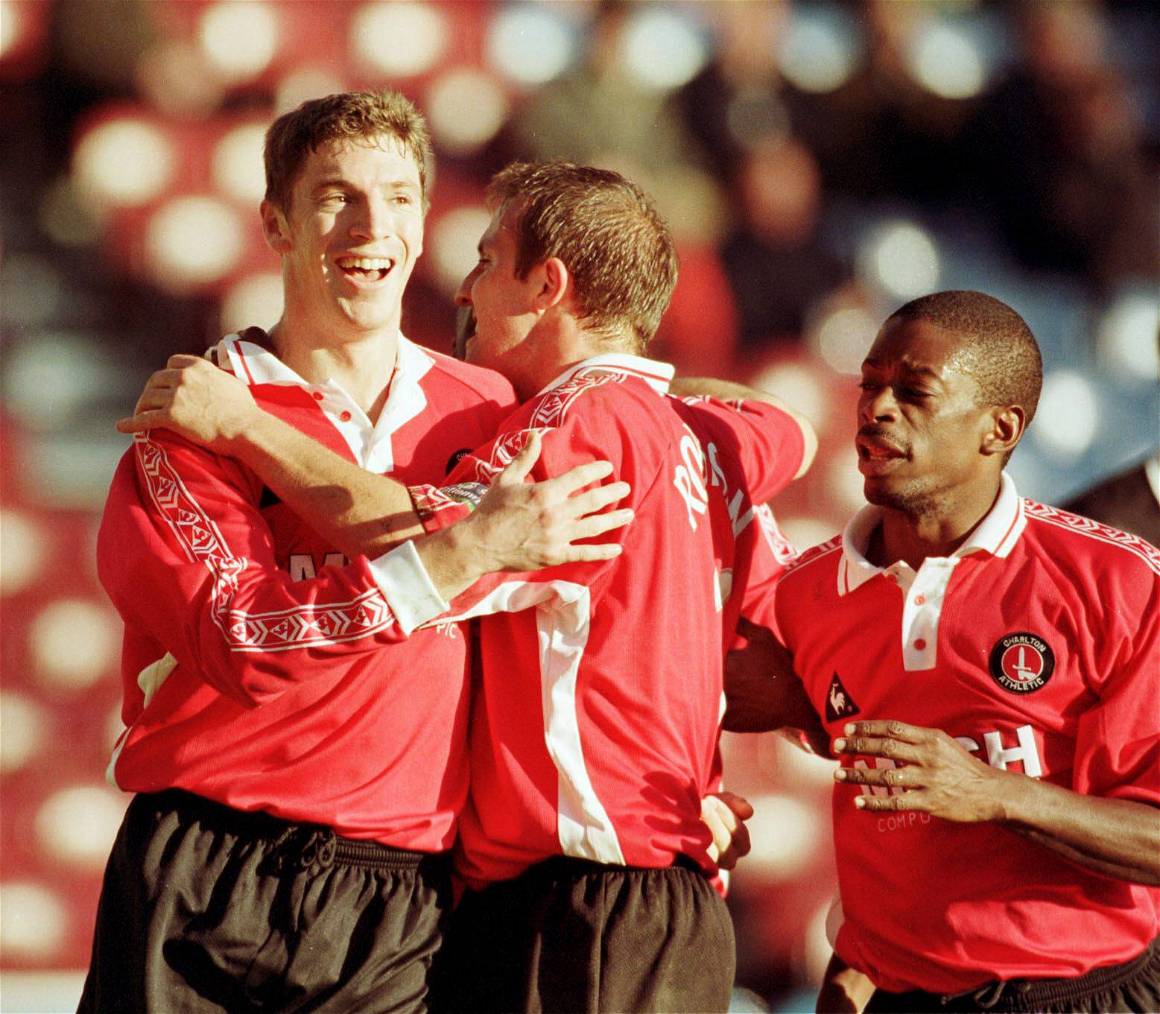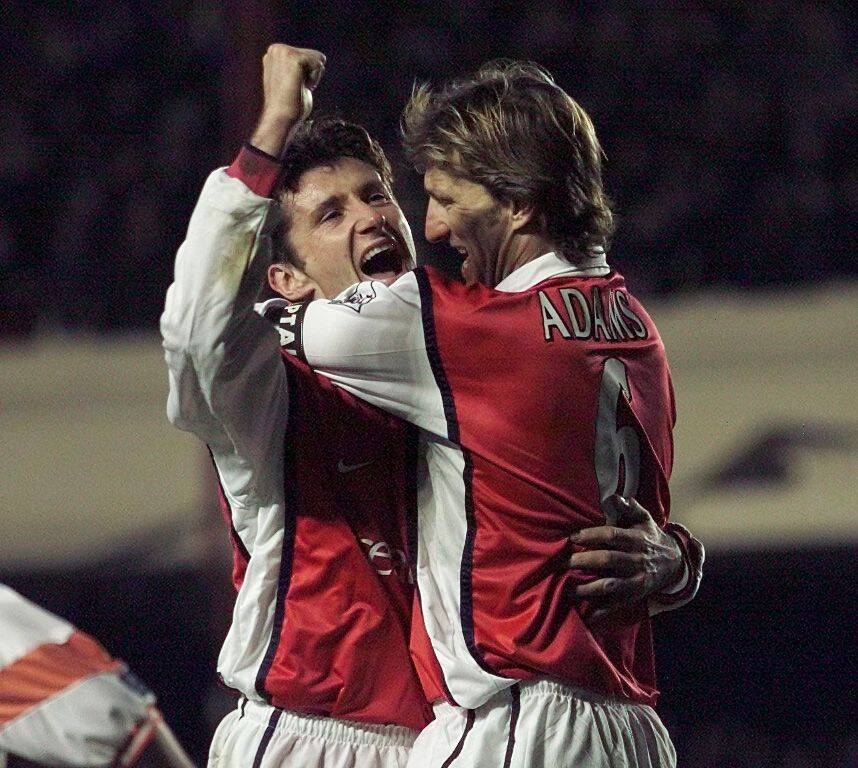The Game columnist Andy Murray is luxuriating in the best time of the football season. The League play-offs.
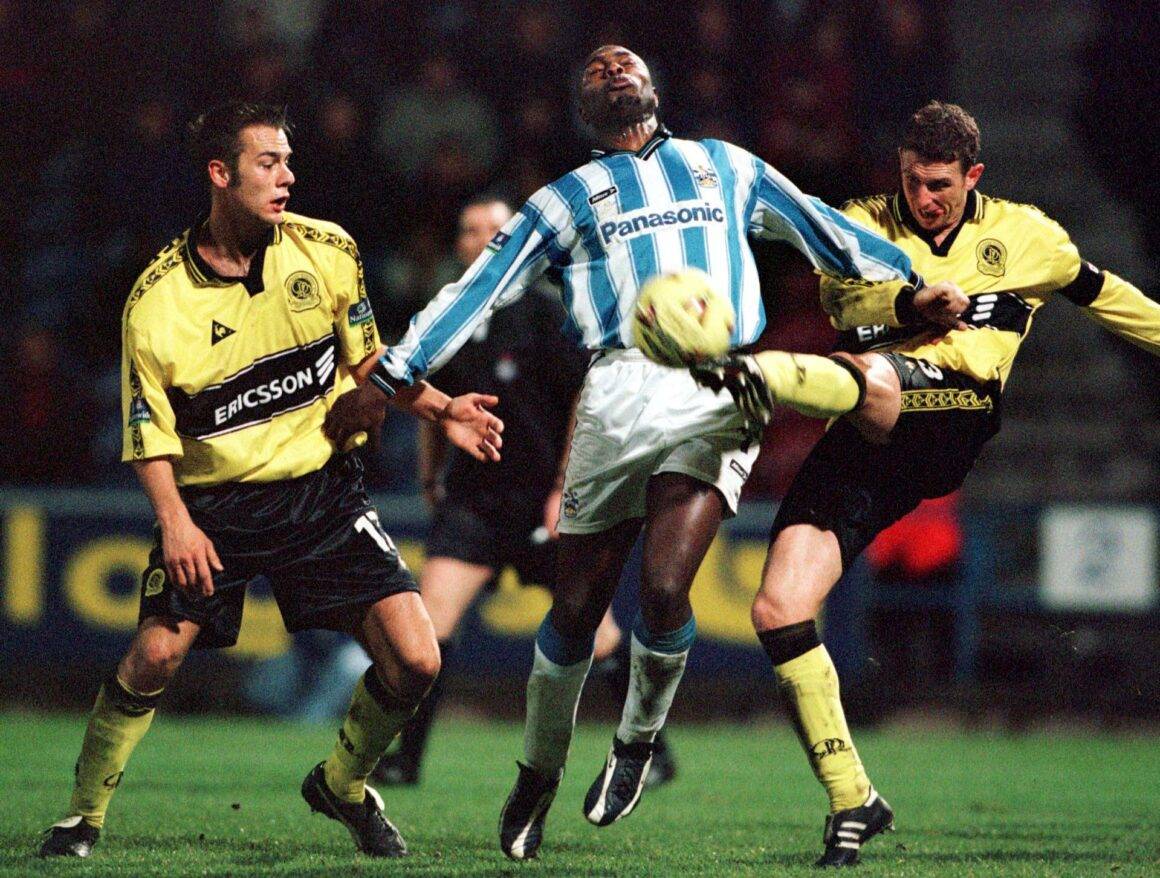
The Agony and Ecstasy of the Football League Play-Offs
The beauty of the Football League pyramid was its fairness. The English have always liked to position themselves as society’s moral arbiters – even when colonising a quarter of the planet – and when some bright spark came up with the idea of every team playing each other home and away to decide which who was best in the late-1880s, it was another triumph for Victorian decency. The Football League, the oldest competition of its kind in the world, was born.
Sure, the real reason for coming up with the system was so these 12 clubs could earn more money, guaranteed, instead of being knocked out of notoriously tricky cup competitions, but let’s focus on democracy in action here. Whoever won the most games won the league, and as more teams got involved, promotion and relegation between the newly formed divisions became a necessity.
A century into its existence, however, the Football League had stalled. Decaying stadia and the omnipotent spectre of hooliganism had meant a significant fall in attendances to the point a restructure was needed. With the top flight to be reduced from 22 to 20 teams, a temporary solution was needed for two seasons from 1986/87 across the Football League’s four divisions to facilitate the changes. To add to the end-of-season drama, the three teams below the automatic promotion places, plus the club which finished directly above the automatic relegation places in the division above, would compete in a two-legged semi-final and final to decide the final promotion/relegation place.
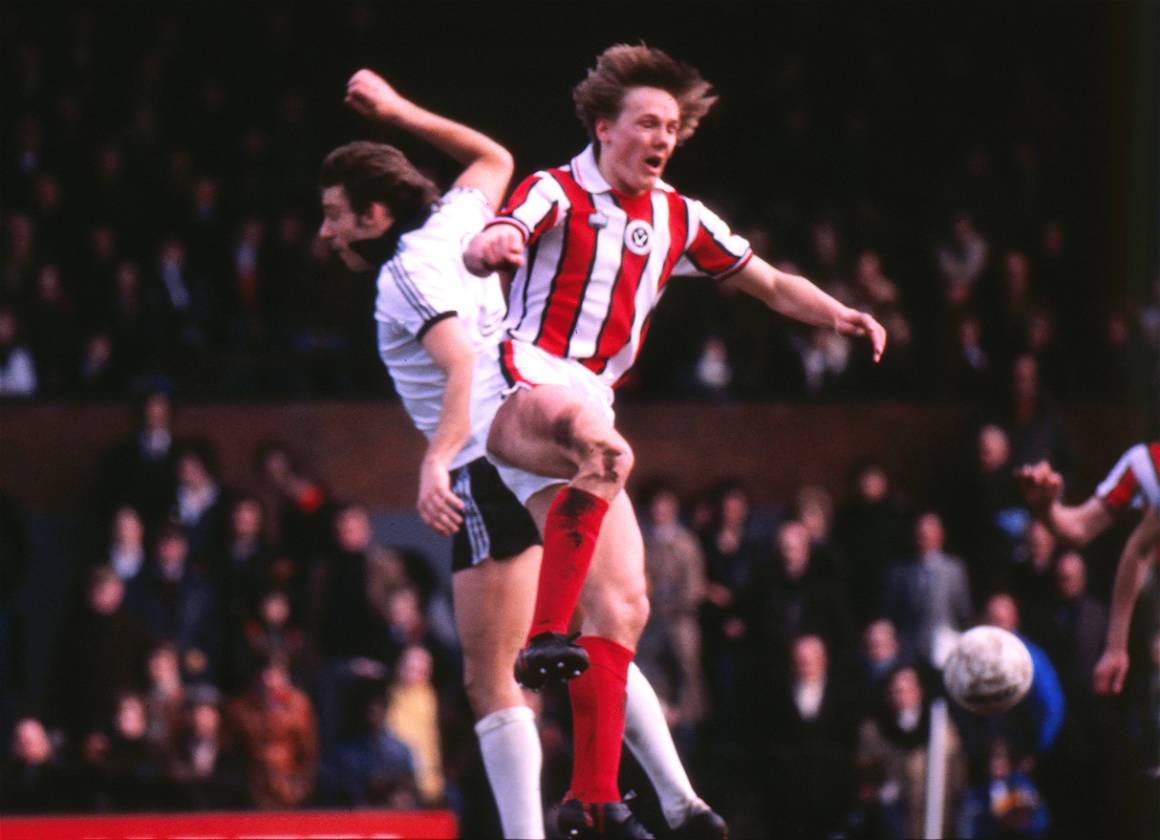
The 1986/87 Second Division play-offs set the tone for all that’s followed. In the semi-final second leg, Michele Cecere’s 89th-minute goal looked to have sent Oldham through to the final, only for Keith Edwards to score more or less from kick off with the celebrations barely over and send Leeds through after extra time.
“We finished seven points clear of Leeds, so to go out on away goals to them means there is something unjust,” wailed Oldham boss Joe Royle. “I welcomed the play-offs but possibly hadn’t considered the long-term ramifications.”
The final was no less dramatic. Leeds and Charlton needed a replay two legs couldn’t separate them. The Whites went 1-0 up in extra time, only for Peter Shirtliff to be the Charlton hero with two goals in the final 10 minutes to seal the Addicks’ top-flight place.
Such were the play-offs’ success, they’ve remained ever since, changing only in 1989 to make the four teams included all from the same division and the final a one-legged affair at Wembley. No longer were they strictly fair but the drama it replaced was priceless. You couldn’t keep the fans away. Nine months’ work, effort and tension distilled into one fixture – 180 minutes for the semi-finals, half that for the final. For fans they’re gruelling, nerve-shredding matches that visibly age you. For the neutral, they’re the best part of the football season, creating an ebb and flow within a match seldom seen throughout the regular campaign. Clearly, it helps that the system guarantees the teams are of a similar ability, having finished the season within at most four positions from each other, but that the stakes are so high only adds to the intrigue. There have only been three goalless draws in 108 play-off finals to date – bizarrely each have been won on penalties by Huddersfield, one in each division in 2004, 2012 and 2017.
For the final six weeks of any Football League season, the play-offs are all anyone can talk about. Even fans of teams languishing in the bottom half contrive some mental gymnastics to convince themselves ‘if we go on a run, we might sneak into the play-offs’, a run that usually means winning 10 in a row and relying on every team above yours to lose each game until the end of the season. Even when they play each other.
Seldom do either semi-finals or finals disappoint. With neither side knowing whether to stick or twist, end-to-end action is guaranteed, rendering these fixtures closer to basketball matches. That play-off semi-finals tend to be the only game where pitch invasions are universally tolerated adds another layer of mystique, even if one Nottingham Forest fan recently rode roughshod over the line by assaulting Sheffield United forward Billy Sharp. Watching a few thousand fans lolloping onto the playing surface – frequently falling over while they do so – then having the square root of no idea what to actually do with themselves when they get there, is a joyous sight.
That each fixture kicks off at different times to guarantee a sizeable TV audience means the drama can be shared around the footballsphere. The spectacle is shared around the Football League’s clubs, too – only nine of its 92 clubs have never experienced a play-off fixture. Manchester United, Liverpool, Everton, Arsenal and Tottenham have played every season in the top-flight, while recent Football League members Barrow, Crawley, Sutton and Harrogate are yet to finish high enough in their leagues to make it.
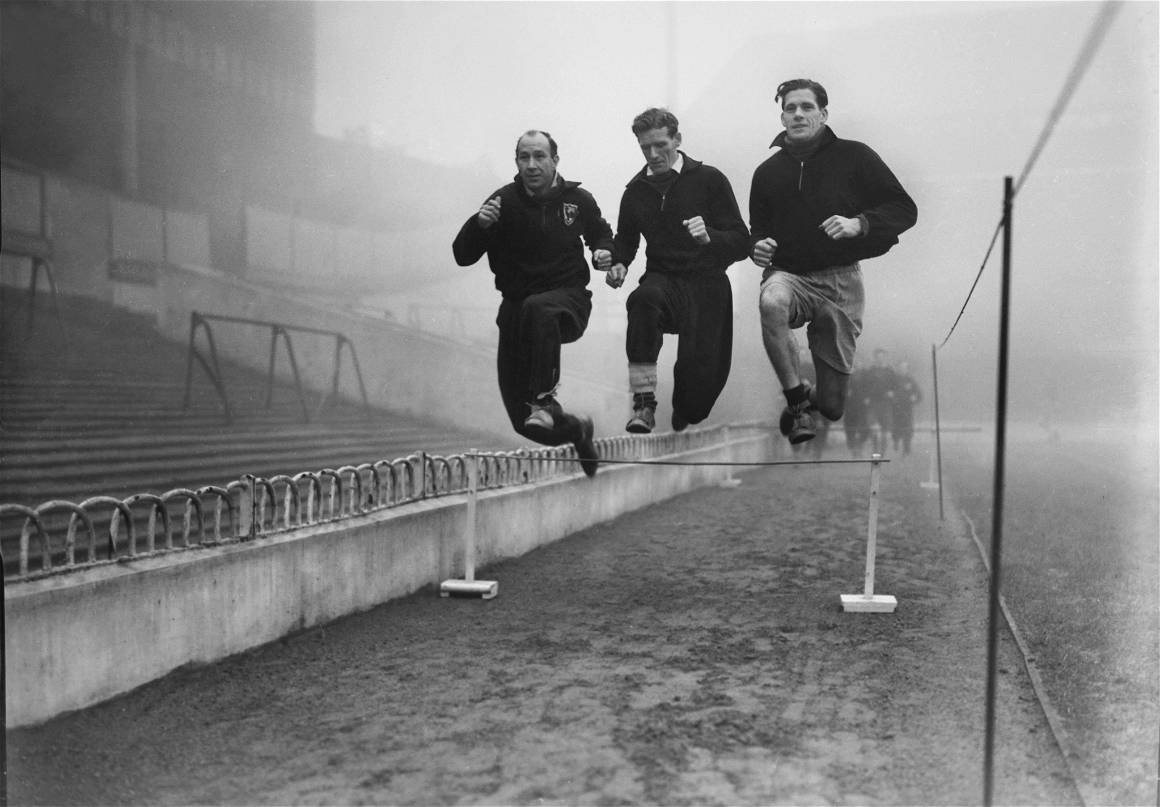
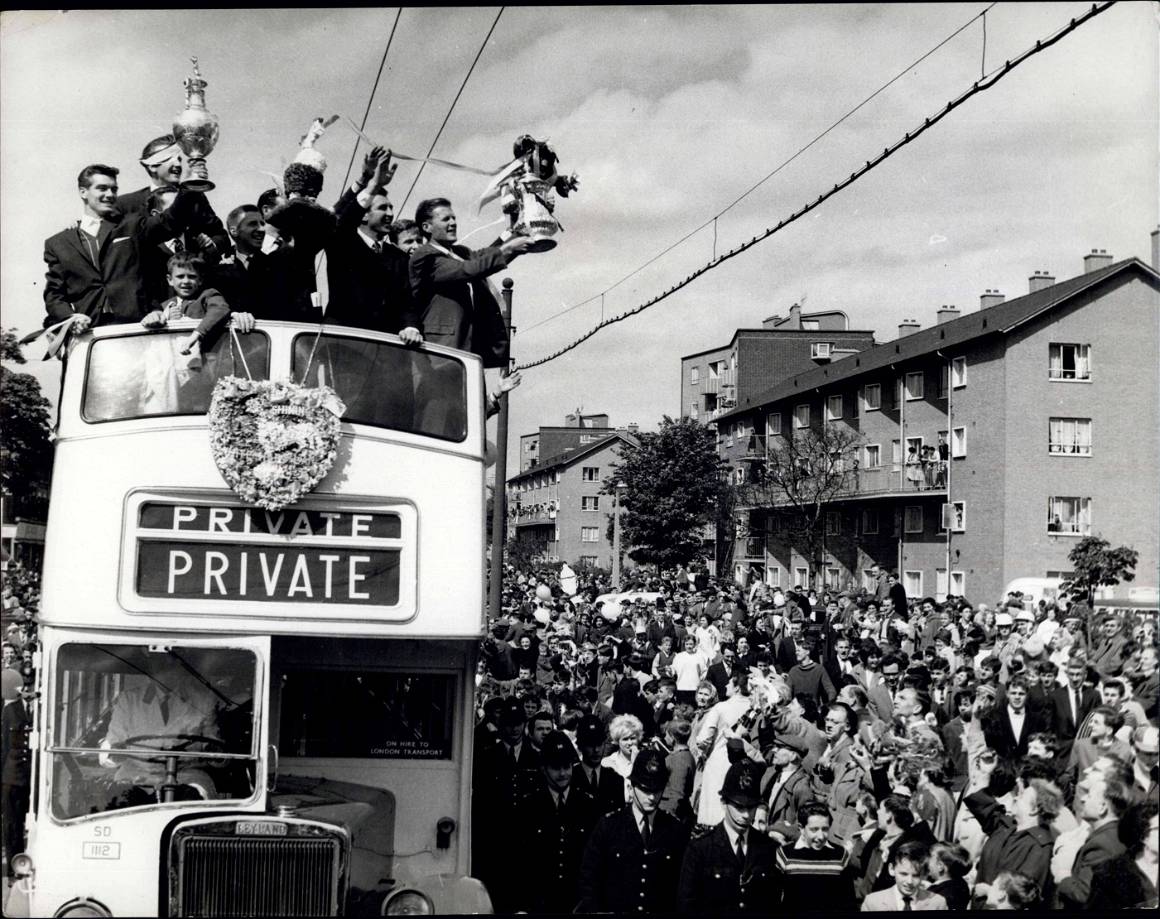
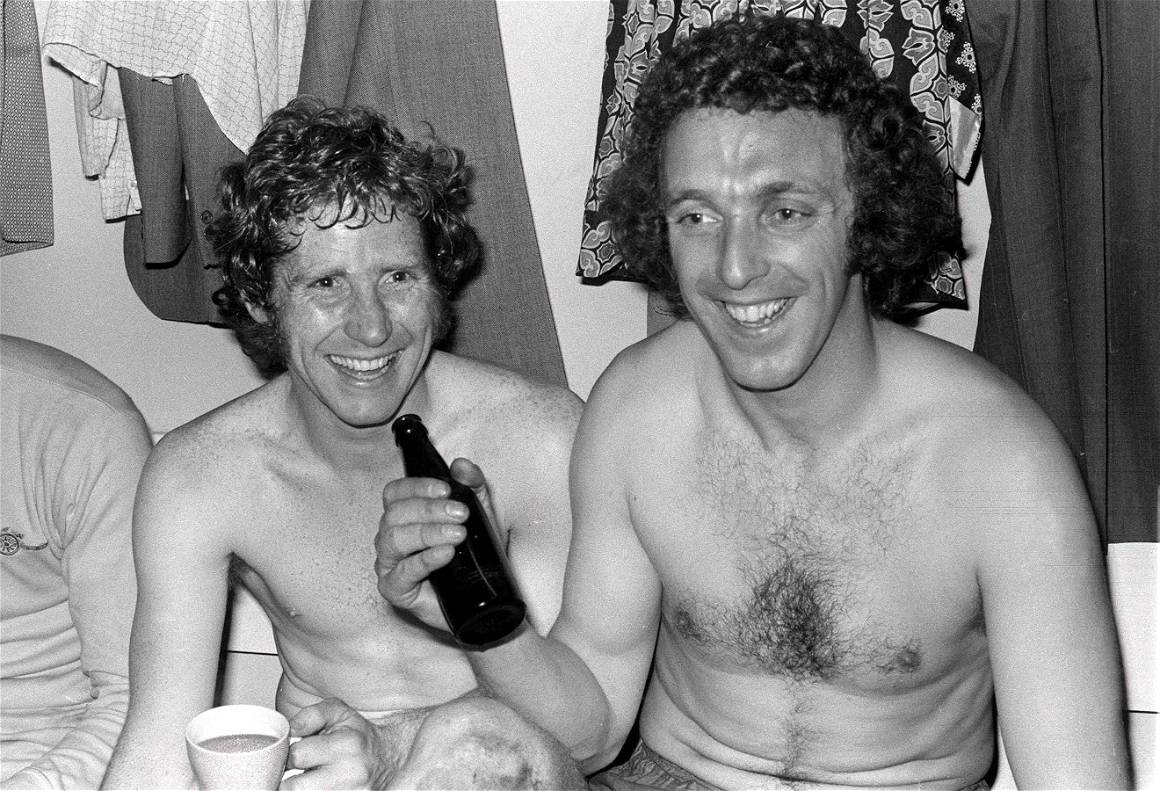
Forget Champions League finals and league deciders, one of my favourite matches in history is a play-off tie – the semi-final second leg of the League One play-offs in 2005 between Tranmere and Hartlepool. The latter won the first leg, at home, 2-0 and tried to defend their lead at Prenton Park. Tranmere were immense and attacked from the off, but couldn’t score until a 70th-minute goal from an up-and-coming Ryan Taylor, who would go on to play for Newcastle in the Premier League. They drew level on the night three minutes from time to force an extra 30 minutes. The game continued to see-saw, with a coterie of ex-Premier League faces from Jason McAteer to Richie Humphreys and Mark Tinkler on show adding to me and my flat-mate’s amusement as we watched transfixed. Hartlepool’s eventual penalty shootout win sealed the deal. The final against Sheffield was another topsy-turvy classic, which Sheffield Wednesday won 4-2 after extra time in front of 60,000 fans. God knows what either game would’ve been like if you were a Hartlepool fan.
Some teams have earned reputations as play-off specialists or failures over the years. Blackpool have won six promotions this way – three times from the fourth tier, twice from the third, and once in the second in 2010 to reach the Premier League’s promised land. The Tangerines have won 18 of the 26 play-off ties they’ve played. On the flip side of the coin, Before Brentford won last season’s Championship play-offs to reach the top flight, teams who wear red-and-white shirts and black shorts had lost the previous 17 play-off finals. Exeter lost three in a row between 2017 and 2020, Sheffield United have lost four without scoring a goal and Sunderland have failed on three occasions. This year, Exeter went up automatically, the Blades lost in the semi-finals, while the Black Cats are again in another final against Wycombe.
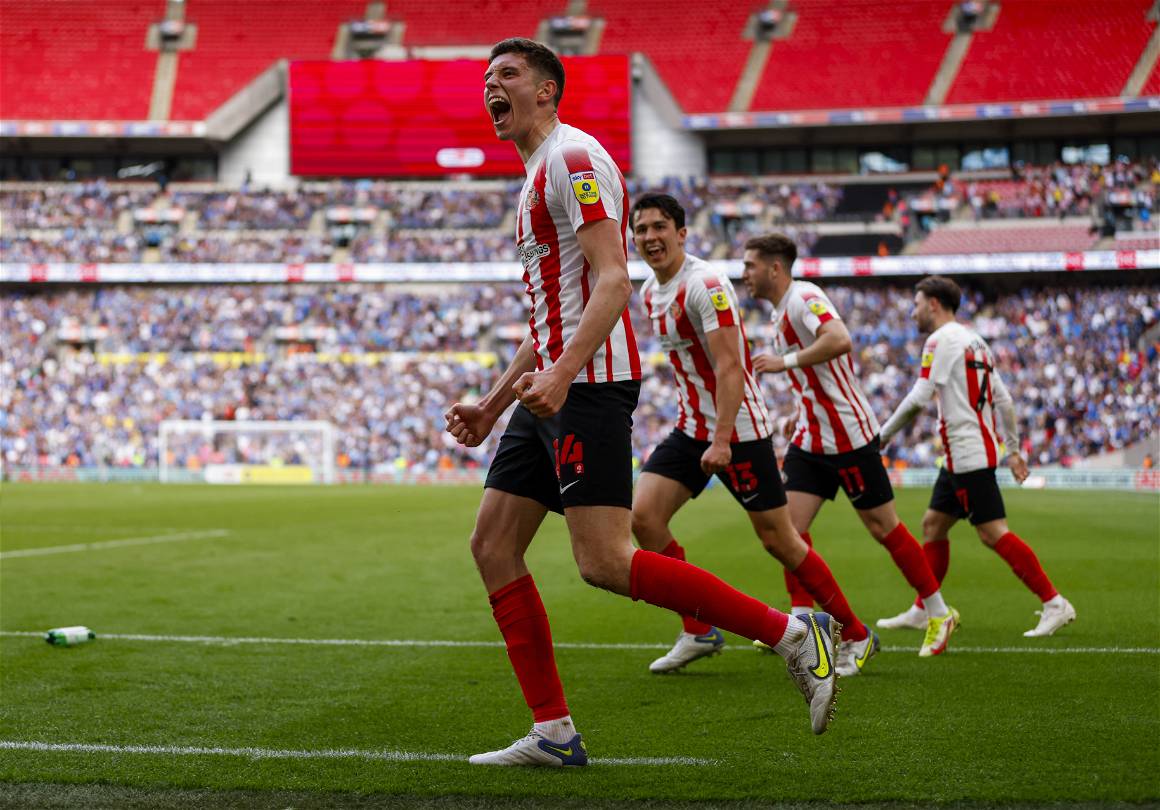

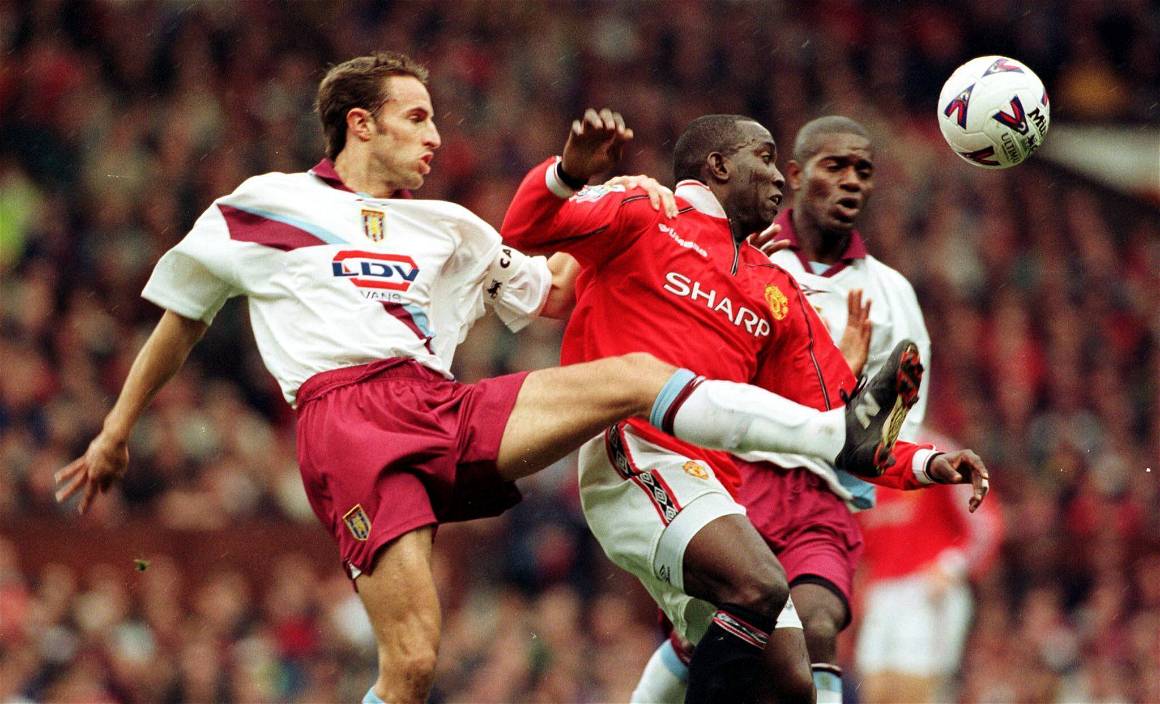
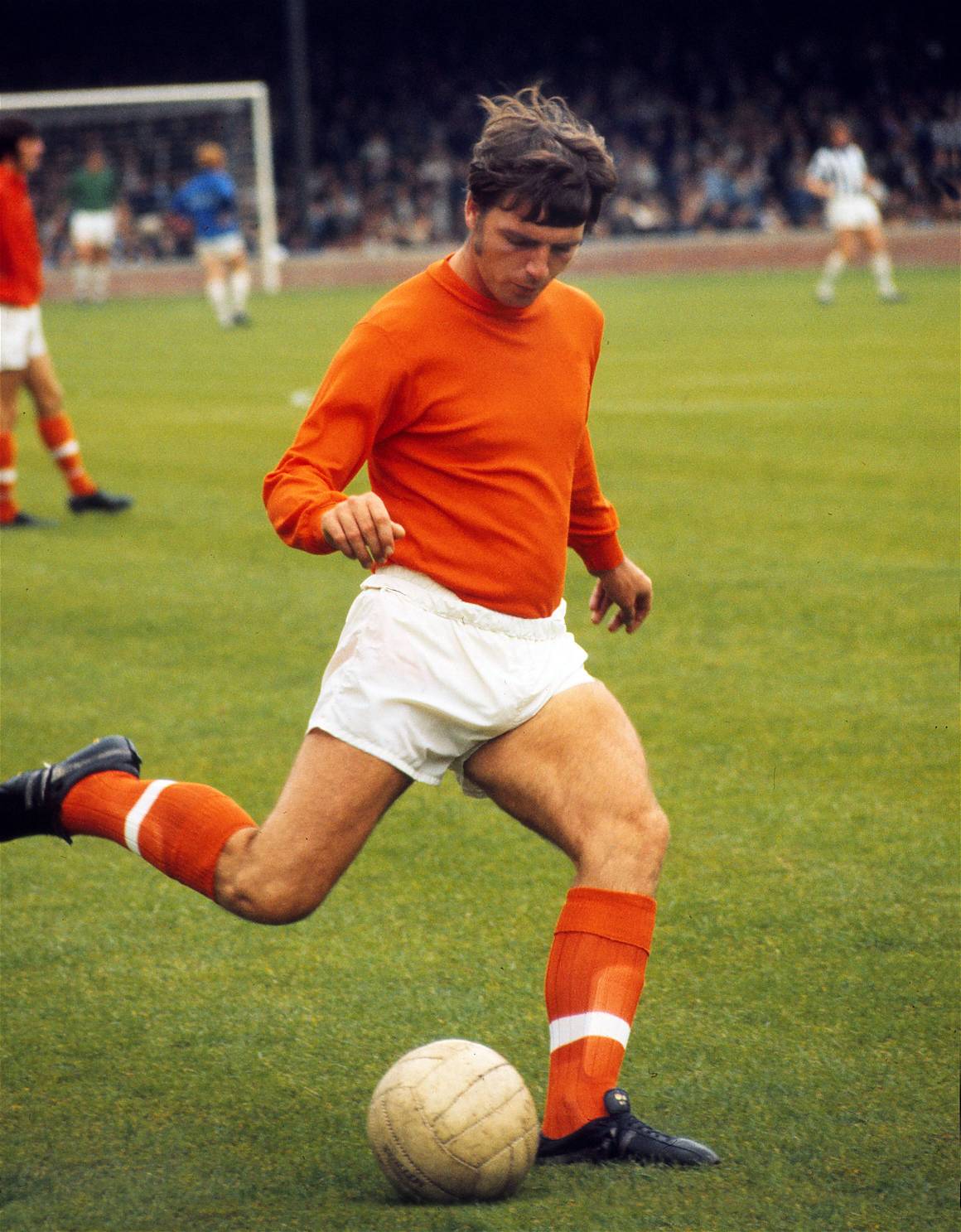
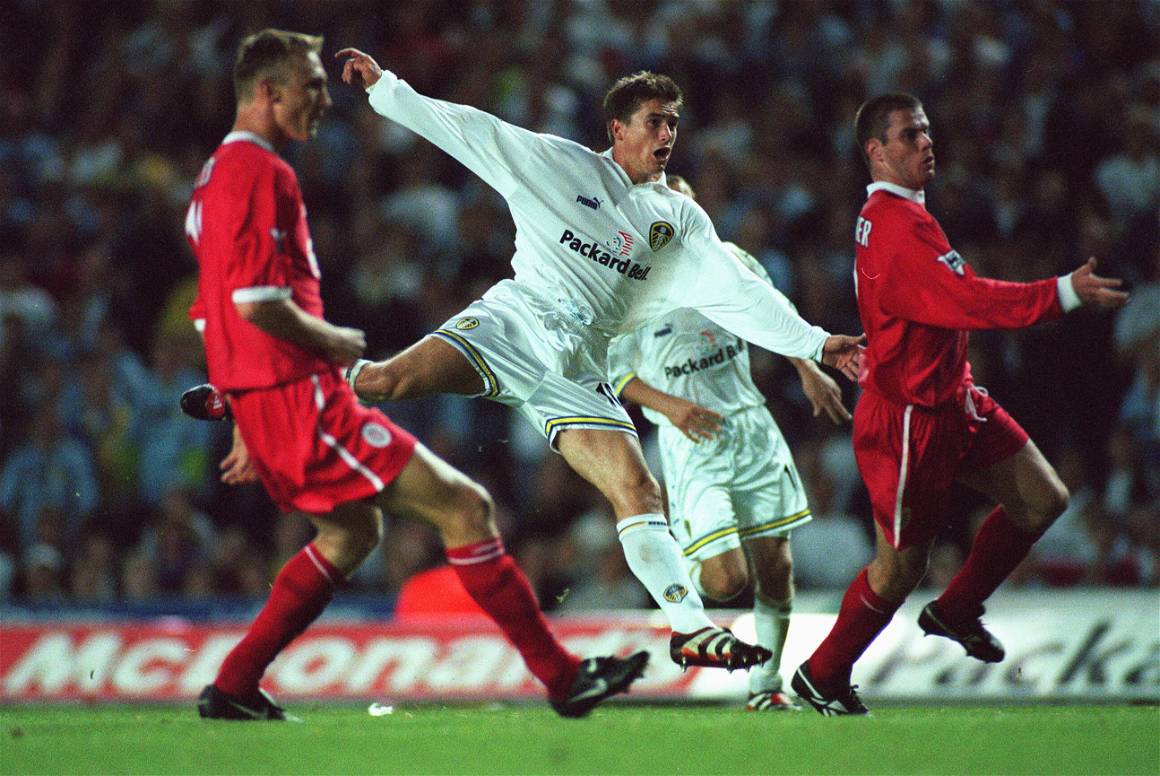
The Championship play-off final has come to be nicknamed ‘the most valuable game in football’, with the winner set for a windfall in the region of between £150m to £200m with promotion to the Premier League. By tradition, the losing finalist keeps the gate receipts from the Wembley final to slightly soften the financial blow of missing out on promotion. This season, Huddersfield met Nottingham Forest, who knocked out Sheffield United in a typically pulsating semi-final which swung both ways and was eventually decided on penalties. Forest, seeking a Premier League return for the first time in a quarter of a century, were the neutral favourite and this weekend, they celebrated their glorious return to the Premier League after an own goal from Hudderfeild’s Levi Colwill and an emotional trophy lift from Steve Cooper.
As the finals played out over the last few days, suspend your disbelief – 60% of Championship play-off winners get relegated the following season – because this is football at its modern day best.
